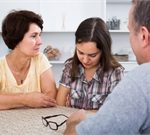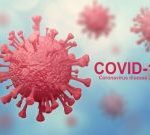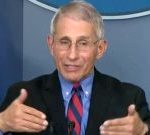
(HealthDay News) — As millions of Americans try to navigate a safe re-entry into public life, the U.S. Centers for Disease Control and Prevention on Thursday released recommendations to guide schools, businesses and restaurants through reopening during the coronavirus pandemic. Six “checklists” — which also offer advice to day care centers, mass transit and camps — come after many states have already begun to ease social distancing on their own. These final guidances are less detailed than draft recommendations the agency sent to the White House for review last month, the Washington Post reported. A CDC spokesman told the Post that additional recommendations may still come from the agency. The six checklists were ready for release, so the Trump administration decided to put them out while other guidelines make their way through the review process, the spokesman added. The documents are aimed at helping facilities decide if they’re ready to open and inform how they do so, the spokesman told the newspaper. “This was an effort on our part to make some decision trees we thought might be helpful to those moving forward with opening their establishment,” the spokesperson said. But some public health officials say more is needed. “We need to unleash the voices of the scientists in our public health system in the United States so they can be heard, and their guidance… read on >


























-300x200.jpg)










